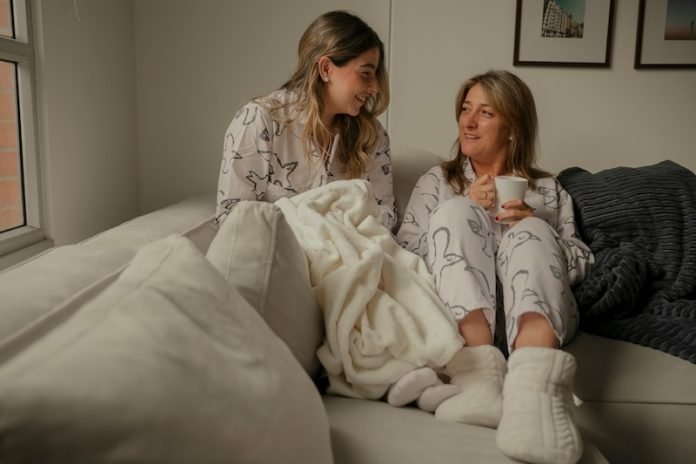
Imagine a simple remedy to tossing and turning at night: exercise.
A fascinating study spanning 10 years and involving thousands of participants across Europe brings to light the power of consistent physical activity in fighting insomnia and ensuring a good night’s sleep.
This extensive research, published in BMJ Open, reveals that individuals who exercise 2-3 times a week for at least an hour are not just fitter; they’re significantly less likely to struggle with falling asleep and are more likely to enjoy 6-9 hours of restful sleep each night.
The study paints a clear picture: long-term, regular exercise is closely linked to a lower risk of insomnia.
While the connection between good health and regular physical activity is well-known, this study digs deeper, exploring how different factors such as age, gender, body weight, fitness levels, and the type of exercise might influence sleep quality.
To do this, researchers gathered data from middle-aged adults across nine European countries, assessing their exercise habits, sleep quality, and symptoms of insomnia.
Interestingly, over a decade, the study observed various patterns of physical activity among its participants. Some remained active, some became active, while others either became inactive or never engaged in regular exercise.
Norway emerged as the country with the most consistently active participants, whereas Spain and Estonia had higher numbers of those who rarely exercised.
The findings are compelling. Those who kept up a routine of physical activity were significantly less likely to experience trouble falling asleep or other symptoms of insomnia.
They also had a higher likelihood of getting the recommended amount of sleep each night. This beneficial effect of exercise on sleep was consistent even after adjusting for factors like age, sex, body weight, and smoking habits.
Interestingly, the study also found that insomnia symptoms were more common with age, in females, and in individuals with a higher body weight.
On the flip side, those who maintained their physical activity over the years enjoyed better sleep quality, with a lower chance of experiencing either too little or too much sleep.
Despite relying on self-reported data, which could introduce some bias, the study’s message is clear and powerful: staying active is not just good for the body; it’s also crucial for the mind and for achieving restful sleep.
In a world where insomnia is a common problem, this research highlights a practical and accessible solution. By encouraging consistent exercise, we could help many individuals not only enhance their physical health but also improve their sleep quality, making restless nights a thing of the past.
This study underlines the importance of making exercise a regular part of our lives, showing that the benefits extend far beyond the gym, reaching into the very quality of our sleep and, by extension, our overall well-being.
If you care about sleep, please read studies about herb that could help you sleep well at night, and these drugs could lower severity of sleep apnea by one third.
For more information about sleep, please see recent studies that coffee boosts your physical activity, cuts sleep, affects heartbeat, and results showing how to deal with “COVID-somnia” and sleep well at night.
The research findings can be found in BMJ Open.
Copyright © 2024 Knowridge Science Report. All rights reserved.



